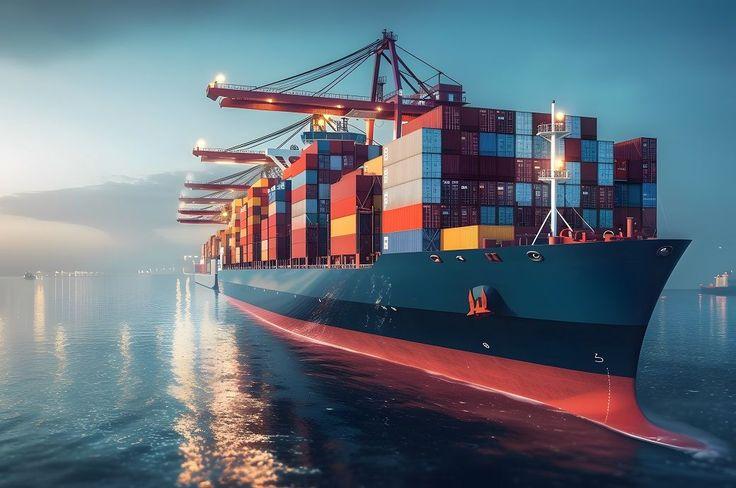In an era where efficiency, speed, and cost-effectiveness are paramount, businesses that rely on transportation face the constant challenge of staying ahead. From delivery companies and service providers to large-scale industrial distributors, the beating heart of these operations lies in the effectiveness of fleet logistics support.
But how can fleet logistics support improve operations? Let’s dive into the core benefits and strategies that transform logistical chaos into a streamlined success story.
1. Streamlined Fleet Management
Fleet logistics support acts as the backbone of transportation operations. With the help of advanced tracking systems, fleet managers gain real-time insight into vehicle locations, fuel consumption, delivery progress, and driver performance. This not only enhances visibility but also allows for quicker decisions, route optimization, and reduced downtime.
2. Improved Cost Control and Resource Allocation
A well-supported logistics fleet allows for smarter allocation of resources. Through data analytics and fleet telematics, companies can identify inefficiencies—like overlapping routes, underutilized vehicles, or excessive fuel use—and eliminate waste.
3. Enhanced Customer Satisfaction
Customers today demand fast, reliable service with real-time updates. Fleet logistics support tools offer automated alerts, delivery tracking, and estimated time-of-arrival notifications. This transparency boosts customer trust and satisfaction, which in turn fuels brand loyalty.
Customer-centric logistics = competitive advantage.
Delivering on time and keeping customers informed is no longer a bonus—it's a necessity.
4. Compliance, Safety, and Risk Reduction
Regulatory compliance and driver safety are critical areas where fleet logistics support proves invaluable. With digital logbooks, automated reporting, and safety monitoring, companies can ensure that their operations adhere to legal standards.
Furthermore, driver behavior analytics—like speed, braking, and idle times—help reduce accidents and ensure safer roads.
5. Predictive Maintenance for Fleet Longevity
One of the most game-changing aspects of modern fleet logistics is predictive maintenance. Using sensors and data analytics, companies can detect signs of wear and tear before a breakdown occurs. This proactive approach prevents costly repairs and extends vehicle lifespans.
6. Sustainability and Environmental Impact
Fleet logistics support also plays a vital role in sustainability efforts. Route optimization, idling reduction, and better maintenance contribute to lower carbon emissions. As businesses come under increasing pressure to operate sustainably, smart logistics provide a tangible solution.
Final Thoughts: From Support to Superpower
Fleet logistics support is no longer just about moving goods from point A to B. It’s about empowering businesses to operate smarter, safer, faster, and greener. Whether you manage a small fleet or a national network of vehicles, investing in the right logistics support can redefine your operational success.
